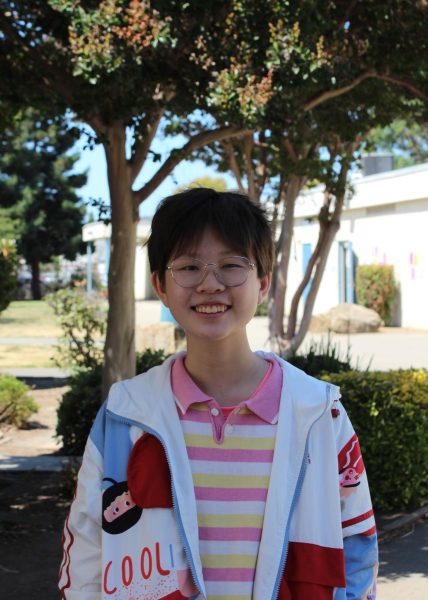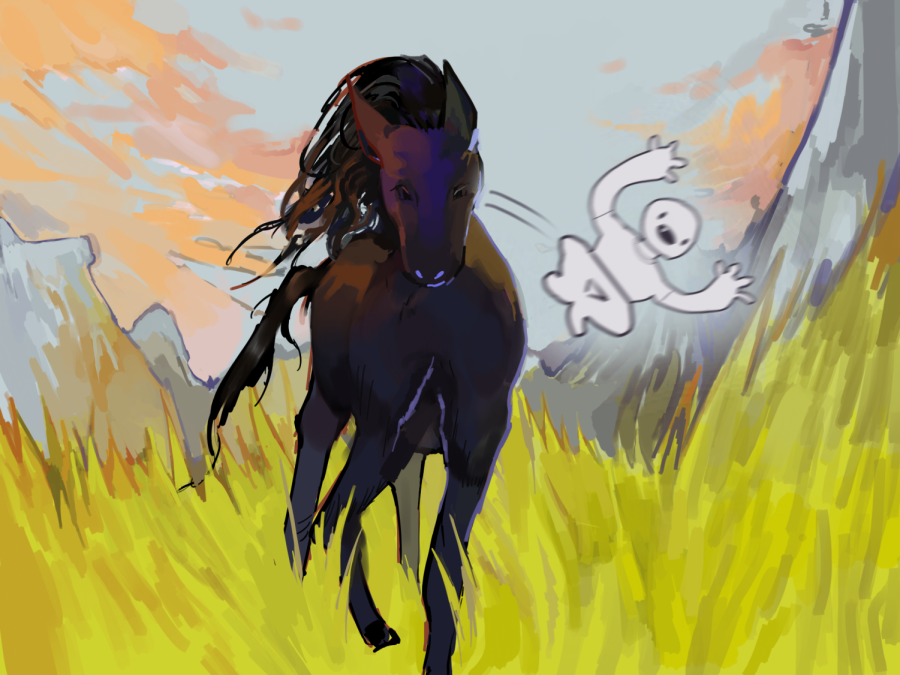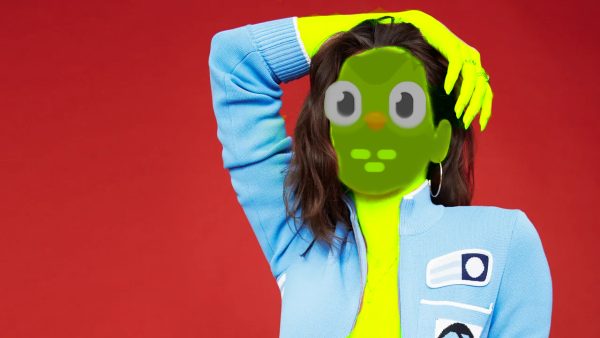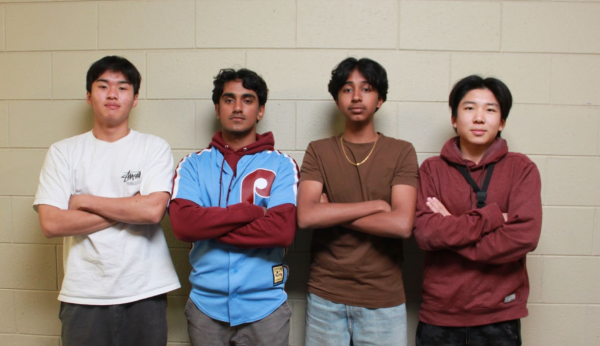A Humble Manifesto: Parents Should Not Raise Their Children
Horses set a valuable example for society, and parents would do well to learn from them.
For preventing the parents of the globe, from being a burden on their children, and for making them beneficial to the public.
It is a distressing experience to those, who traverse upon this great school, or dare to enter the “rant” channels of Discord, when they receive auditory or visual input that translates into the form of a complaint about one’s family members, especially the birthing pair known as “parents.”
Concerns range from mild, such as starvation (“lol I got a C on my test, no dinner tonight”) to serious, including but not limited to death (“my parents are taking my phone away”). In fact, the phrase “my parents are going to kill me” has become ubiquitous in many Bay Area communities.
Fortunately, the ingenuous Jonathan Swift* wrote Gulliver’s Travels, a deep exploration of the human condition, to guide us in this issue. One crucial segment involves intelligent horses called Houyhnhnms.
Swift details a specific, surprisingly simple solution: in their idyllic community, the Houyhnhnms raise their children with little to no emotion, passing them to others for education and sometimes even switching children.
Though the concept of horses being rational enough to devise such a clever solution may seem absurd, we should not disdain it simply because of our injured egos. Our shame at being outsmarted cannot overshadow our goals for the betterment of society.
As such, it is abundantly obvious that for the greater good, we should not allow parents to raise their own children.
Parents have their ego and emotions invested in their kids: they are emotionally bound to the product. Therefore, they are the absolute worst candidates for child rearing. Their personal worldview and rigid “millenial” or “Gen X” mindset corrupts their thought process, leading them to utilize the common gaslighting tactic of “It’s what’s good for you”.
“If you think about it, would you let a company who produces sugary foods do a survey on the negative health effects of sugar, and then expect them to change their practices?” stated Dr. Coke, professor of food marketing tactics at UC Hicago. “No, of course not !!!!!!”
“By that reasoning,” added M. Z. uckurburg, CEO of Self-Aware, a research company that develops ads tailored for children, “why would you expect someone who produced you to ask you how you’re doing, reflect on their own actions, and change?”
A much-lauded alternative is to have parent volunteers raise kids on a rotating schedule. Critics contend that if strangers raise kids, there is no way to verify their child-raising abilities. Yet they fail to recognize that today’s parents do not require qualifications either. The only case in which this occurs is for adoptions, and the backlog on that is tremendous.
This locked logic system proves that children would be no better or worse off with random strangers than their own parents. And since volunteers do not have ego investments in their children, they are much better suited to the task of child-rearing. As a wise man once said, “Every child deserves a parent, but not every parent deserves a child.”
*Incidentally, Swift wrote another brilliant piece titled “A Modest Proposal,” of which this Humble Manifesto draws heavy inspiration from. He suggests eating children to deal with orphans and poverty.











